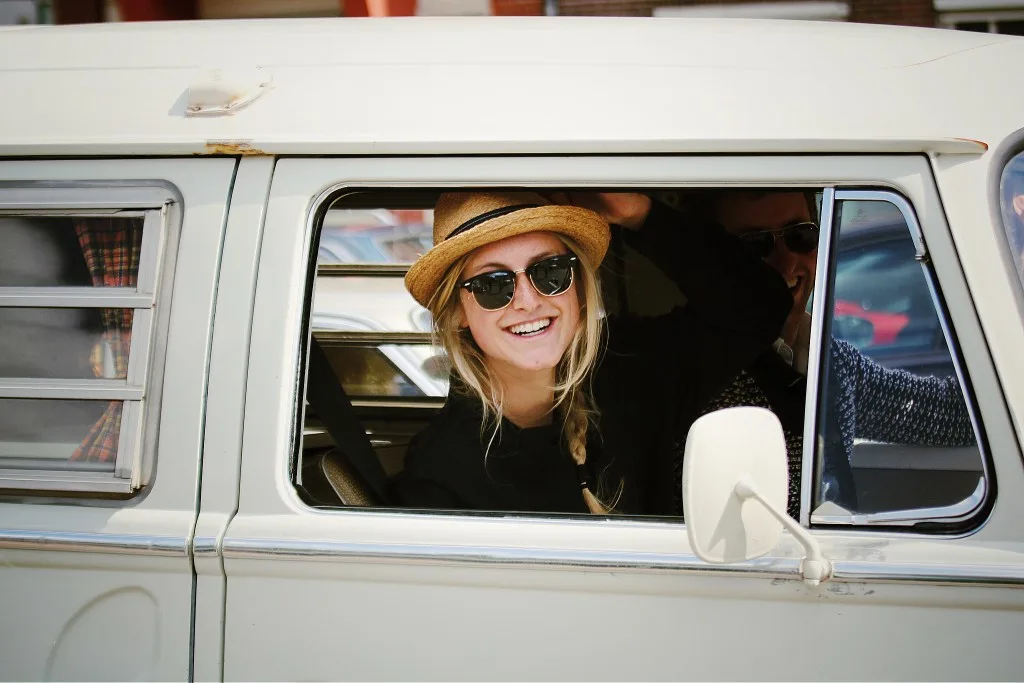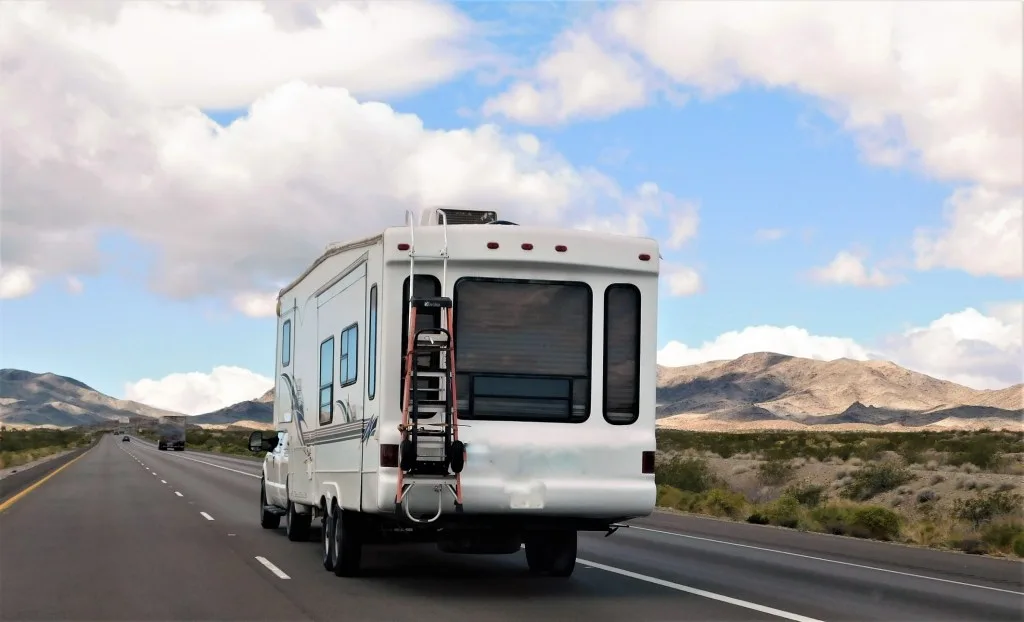Can You Transport a Trailer Without Functioning Lights?
Knowing what lights your trailer has is essential, but can you transport a trailer without functioning lights?
You might think that a large trailer traveling down the highway would be hard to miss. But, you’d be wrong.
The lighting on the sides and rear of a trailer help make it visible to other drivers in dark or foggy weather conditions. And, being visible to other drivers allows you to be as safe as possible.
Let’s take a look!
Can You Transport a Trailer Without Lights?
No, transporting a trailer without lights isn’t legal. The lights on your trailer allow other drivers to see you and for you to communicate your intentions.
Transporting a trailer without lights is incredibly dangerous and likely will result in a citation if law enforcement catches you.
It’s essential to be as safe as possible while transporting a trailer. You should always do a thorough inspection of your trailer before hitting the road. This inspection should include confirming that you have working lights, including brake lights and turn signals.

What Are the Lighting Requirements for Trailers?
Due to federal regulations, every trailer that travels on public roads must have brake lights, tail lights, turn signals, and reflectors on the rear. In addition to the rear lights, trailers must have red sidelights mounted on the back rear of the trailer.
Some states will also require a light over the license plate as well.
The number of reflectors and lights on a trailer depends on its total length and width. If a trailer is more than 80 inches wide, it must also have front and rear lights indicating its width.
It’s important to know your width and length to know the lighting requirements for your trailer.
If you’re purchasing a trailer from a dealer or a manufacturer, they’re likely going to do all of this work for you. Trailers typically come from the factory equipped with the proper lighting to make them ready for the road.
Pro Tip: Towing a trailer without lights isn’t the only bad thing you can do while on the road. Check out these 7 Deadly Sins of RV Camping.

What Do You Do If Your Trailer Doesn’t Have Lights?
If your trailer doesn’t have lights, or they’re not working properly, you can add or fix the lighting on your trailer. If you’re familiar and comfortable working with electrical components, it’s a relatively simple task.
However, if you don’t have experience working with wiring, it may be worth paying a professional to handle the job for you.
Are There Any Sizes of Trailers that Don’t Need Lights?
Regardless of the size of the trailer, all trailers that travel on public roads and highways must have lights on them. This is a federal regulation to ensure that those using public roads are as safe as possible.
You may encounter rural areas where enforcement of these laws is hit or miss, especially when it comes to farm machinery.
However, it’s still a federal requirement for trailers to have the proper lighting to operate on public roads.
How to Put Lights on Your Trailer
If you need to add or replace your trailer lights, you’ll first want to gather all the supplies needed for the task. This includes a four-wire trailer light harness, new lights, and other common electrical tools like wire cutters, wire strippers, and electrical tape. Gathering your supplies now can help avoid unnecessary trips to your local hardware store later.
Remove Old Wiring
If you’re replacing old lighting, first remove any old wiring or lighting. This is a great opportunity to inspect and address any paint issues on your frame before installing the new wiring.
Protect New Wiring
The wiring for your lights will sit under your trailer, so you want to enclose it in a protective casing. This helps avoid rocks and other road debris from damaging it while traveling down the road.

Have a Plan
Come up with a plan for running your wiring. Be efficient and don’t waste wiring, but also keep wiring away from your wheels. When running the wiring to the proper locations, you can use cable ties to secure the wiring and protective casing to the frame itself.
You may need to drill holes to run wiring to the proper locations. Be sure not to create holes so big that it weakens the integrity of the steel frame.
Once you’ve run the wiring through to the proper locations, you can use plastic loop clips to hold everything in place. If you’re using existing lights, you may plug in the new wiring to the old lights.
However, depending on your setup, you may need to solder the wire connections. Your lighting kit will likely come with a wiring diagram to help eliminate any confusion during this process.
Make sure you test the lights to ensure they’re working correctly before making any permanent connections.
Know Your Trailer and Needs
The method you’ll use for mounting or securing the lighting will vary from trailer to trailer. If you’re replacing wiring or lights, this will be much easier than if you’re starting from scratch.
You’ll need to seal any holes or connections tightly to avoid water and other debris from entering.
This can be a rather straightforward project if you’re replacing a light or wire. However, it can become very complex if you’re running the wiring and installing lights on a trailer with no lighting.
Because these are essential components of your trailer, don’t bite off a bigger project than you can chew. Know your abilities and know when to reach out to a professional or capable friend to help complete the project.
Pro Tip: Before you hit the road, make sure you can tick each box on The RV Trailer Towing Checklist.
Having Lights on Your Trailer Is a Safety Issue
No matter what you’re driving or towing, safety is of the utmost importance while on the road. Having insufficient lighting or damaged lighting can be dangerous for you and other drivers.
You want to be as visible as possible and be able to communicate with other drivers. If your trailer doesn’t have lights or the lighting isn’t functioning properly, don’t delay fixing it.
Have you ever had to fix or replace lighting on your trailer?
Discover the Best Free Camping Across the USA
To be honest with you, we hate paying for camping. There are so many free campsites in America (with complete privacy).
You should give it a try!
As a matter of fact, these free campsites are yours. Every time you pay federal taxes, you’re contributing to these lands.
Become a FREE CAMPING INSIDER and join the 100,000 campers who love to score the best site!
We’ll send you the 50 Best Free Campsites in the USA (one per state). Access the list by submitting your email below: